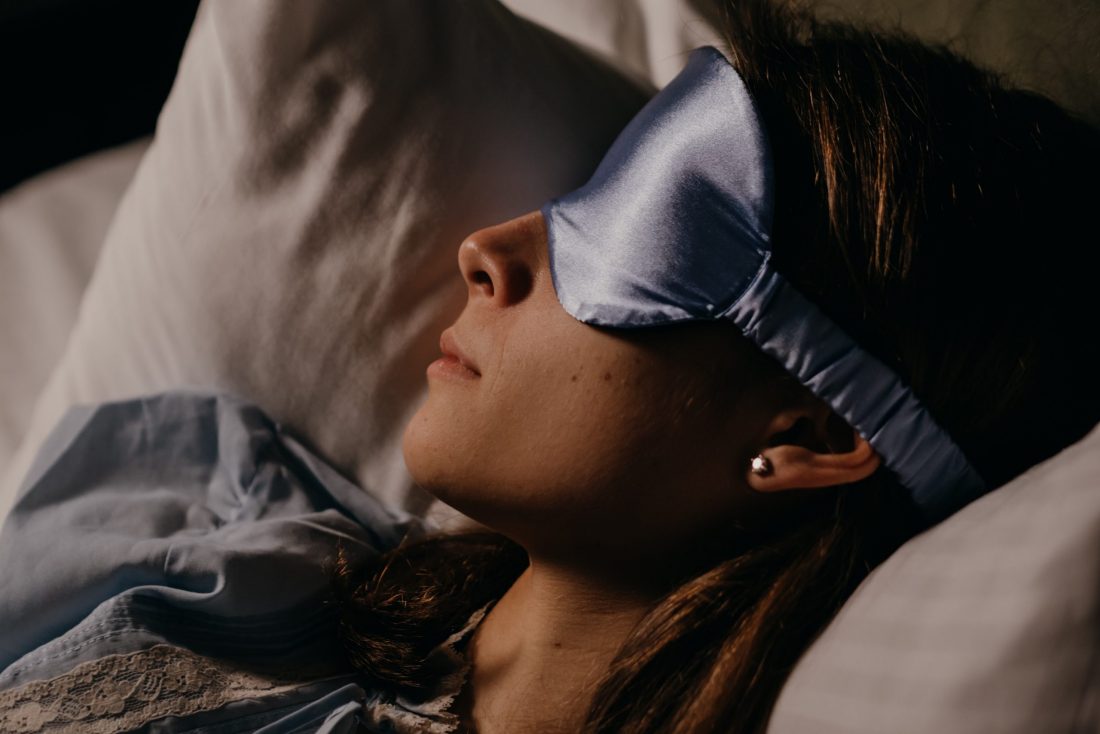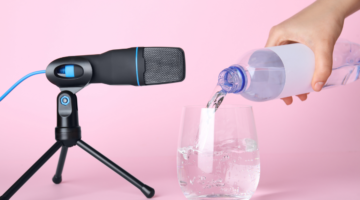NOTICE
ANSM - Last updated: 18/01/2017
Name of the medicinal product
LIDENE 15 mg film-coated tablet
Doxylamine succinate
framed
Read this leaflet carefully before you start taking this medicine because it contains important information for you.
You should always use this medication exactly as prescribed in this leaflet or by your doctor or pharmacist.
· Keep this leaflet. You might need to read it again.
· Ask your pharmacist for advice or information.
· If you experience any of the side effects, talk to your doctor or pharmacist. This also applies to any side effects not mentioned in this leaflet. See section 4.
· You should contact your doctor if you experience no improvement or feel less well after 5 days.
Do not use this medication for children.
What is in this leaflet?
1. What is LIDENE 15 mg film-coated tablet and when it is used?
2. What should I watch for before taking LIDENE 15 mg film-coated tablet?
3. How to take LIDENE 15 mg film-coated tablet?
4. What are the possible side effects?
5. How to store LIDENE 15 mg film-coated tablet?
6. Package contents and other information.
1. WHAT IS LIDENE 15 mg film-coated, scored tablet AND WHAT IT IS USED FOR?
Pharmacotherapeutic group: ANTIHISTAMINIC FOR SYSTEMIC USE.
This medication is recommended in occasional insomnia in adults.
2. BEFORE YOU TAKE LIDENE 15 mg film-coated, scored tablet.
Do not take LIDENE 15 mg film-coated tablets in the following cases:
· Allergy known to antihistamines,
· Antecedent of acute glaucoma (increased pressure inside the eye),
· Difficulty in urinating in man (prostatic or other)
· In children under 15 years of age
IN CASE OF DOUBT, IT IS ESSENTIAL TO ASK FOR THE OPINION OF YOUR DOCTOR OR YOUR PHARMACIST.
Take special care with LIDENE 15 mg film-coated tablet:
Special warnings
Insomnia may have a variety of causes that do not necessarily require medication.
This medication should be used with caution in the elderly because of the risk of drowsiness and / or dizziness, which can lead to falls (eg in the case of a night-time rise), with often serious consequences in this population.
Due to the presence of lactose, this medication should not be used in patients with galactosemia, glucose-galactose malabsorption syndrome or lactase deficiency (rare metabolic diseases).
Doxylamine succinate, like any hypnotic or sedative, is likely to aggravate preexisting sleep apnea syndrome (breathing pauses during sleep).
Precautions for use
Drinking alcohol is formally discouraged during the treatment.
Tell your doctor if you are pregnant.
In case of long-term liver or kidney disease, CONSULT YOUR DOCTOR so that he can adapt the dosage.
IN CASE OF DOUBT, IT IS ESSENTIAL TO ASK FOR THE OPINION OF YOUR DOCTOR OR YOUR PHARMACIST.
Other medicines and LIDENE 15 mg film-coated tablet
This drug contains an antihistamine, doxylamine.
Other medicines contain it. Do not combine them, so as not to exceed the maximum recommended dose (see Dosage).
If you are taking or have recently taken any other medicines, including medicines obtained without a prescription, talk to your doctor or pharmacist.
LIDENE 15 mg film-coated tablet with food and drink
Not applicable.
Pregnancy and breast feeding
Pregnancy
This medication, under normal conditions of use, may be used during pregnancy. However, you should always seek the advice of your doctor before using it and never exceed the recommended dose.
feeding
The passage of this drug in breast milk is possible. Given its sedative or exciting properties that may affect your child (lethargy, decreased tone, or insomnia), this drug is not recommended in case of breast-feeding.
Ask your doctor or pharmacist for advice before taking any medicine.
Sport
Not applicable.
Driving and using machines
Attention is drawn to the daytime sleepiness and decreased vigilance associated with the use of this medication.
The combination with other sedative or hypnotic drugs, and of course with alcohol, is not recommended for driving or using machines.
If the sleeping period is insufficient, the risk of decreasing alertness is further increased.
LIDENE 15 mg film-coated tablet contains:
Microcrystalline cellulose, lactose monohydrate, talc, dye dispersion, 30% polyacrylate dispersion, magnesium stearate.
Excipients with notable effects:
Lactose
3. HOW TO TAKE LIDENE 15 mg film-coated, scored tablet?
Dosage
RESERVED FOR ADULTS.
The recommended dosage is 1/2 to 1 tablet per day in adults.
In adults, the dosage may be increased to 2 tablets per day if necessary.
In the elderly, renal or hepatic insufficiency, the lowest dose is recommended.
Method and route of administration
Oral use.
Swallow the tablet with a little water.
Frequency of Administration
One dose per day, in the evening, 15 to 30 minutes before going to bed.
Duration of treatment
The duration of treatment is 2 to 5 days.
Do not exceed 5 days of treatment without the advice of your doctor.
If you take more LIDENE 15 mg film-coated tablet than you should:
Immediately notify a doctor.
If you forget to take LIDENE 15 mg film-coated tablet:
Do not take a double dose to make up for a missed dose.
Take the next dose at the usual time.
4. WHAT ARE POSSIBLE SIDE EFFECTS?
Like all medicines, LIDENE 15 mg film-coated tablet is likely to have side effects, although not everyone is subject to it:
· Diurnal somnolence,
· Constipation,
· Dry mouth,
· Visual disorders (accommodation disorders),
· Heart palpitations.
Declaration of side effects
If you experience any side effects, talk to your doctor or pharmacist. This also applies to any side effects not mentioned in this leaflet. You can also report adverse reactions directly via the national reporting system: National Agency for the Safety of Medicines and Health Products (ANSM) and network of Regional Centers of Pharmacovigilance - Website: www.ansm.sante.fr
By reporting adverse reactions, you are helping to provide more information about the safety of the drug.
5. HOW TO STORE LIDENE 15 mg film-coated, scored tablet?
Keep this medicine out of the reach and sight of children.
Do not use LIDENE 15 mg film-coated tablets after the expiry date which is stated on the carton.
Do not use this medication if you notice any signs of deterioration.
This medication should be stored at a temperature below 25 ° C and away from light.
Medicines should not be disposed of via wastewater or household waste. Ask your pharmacist what to do with unused medications. These measures will help protect the environment.
6. PACKAGE CONTENTS AND OTHER INFORMATION
What LIDENE contains: 15 mg film-coated tablet
· The active substance is:
Doxylamine succinate ............................................... ................................................ 15.0 mg
· The other components are:
Microcrystalline cellulose, lactose monohydrate, talc, 30% polyacrylate dispersion, magnesium stearate, dye dispersion (talc, hypromellose, titanium dioxide, macrogol, saccharin sodium, aluminum indigo carmine lacquer, iron).
What is LIDENE 15 mg film-coated tablet and contents of the pack
Blue elongated film-coated tablet.
The tablet can be divided into two equal doses. Box of 10 tablets.
Marketing Authorization Holder
FRENCH PHARMACEUTICAL COOPERATION
PLACE LUCIEN AUVERT
77020 MELUN CEDEX
Marketing Authorization Operator
FRENCH PHARMACEUTICAL COOPERATION
PLACE LUCIEN AUVERT
77020 MELUN CEDEX
Maker
LIPHA
115 AVENUE LACASSAGNE
69003 LYON
or
EUROPHARTEC
1 RUE HENRI MATISSE
63370 LEMPDES
Names of the medicinal product in the Member States of the European Economic Area
Not applicable.
The last date on which this leaflet was revised is:
December 2016
Other
Detailed information on this medicine is available on the ANSM website (France).






